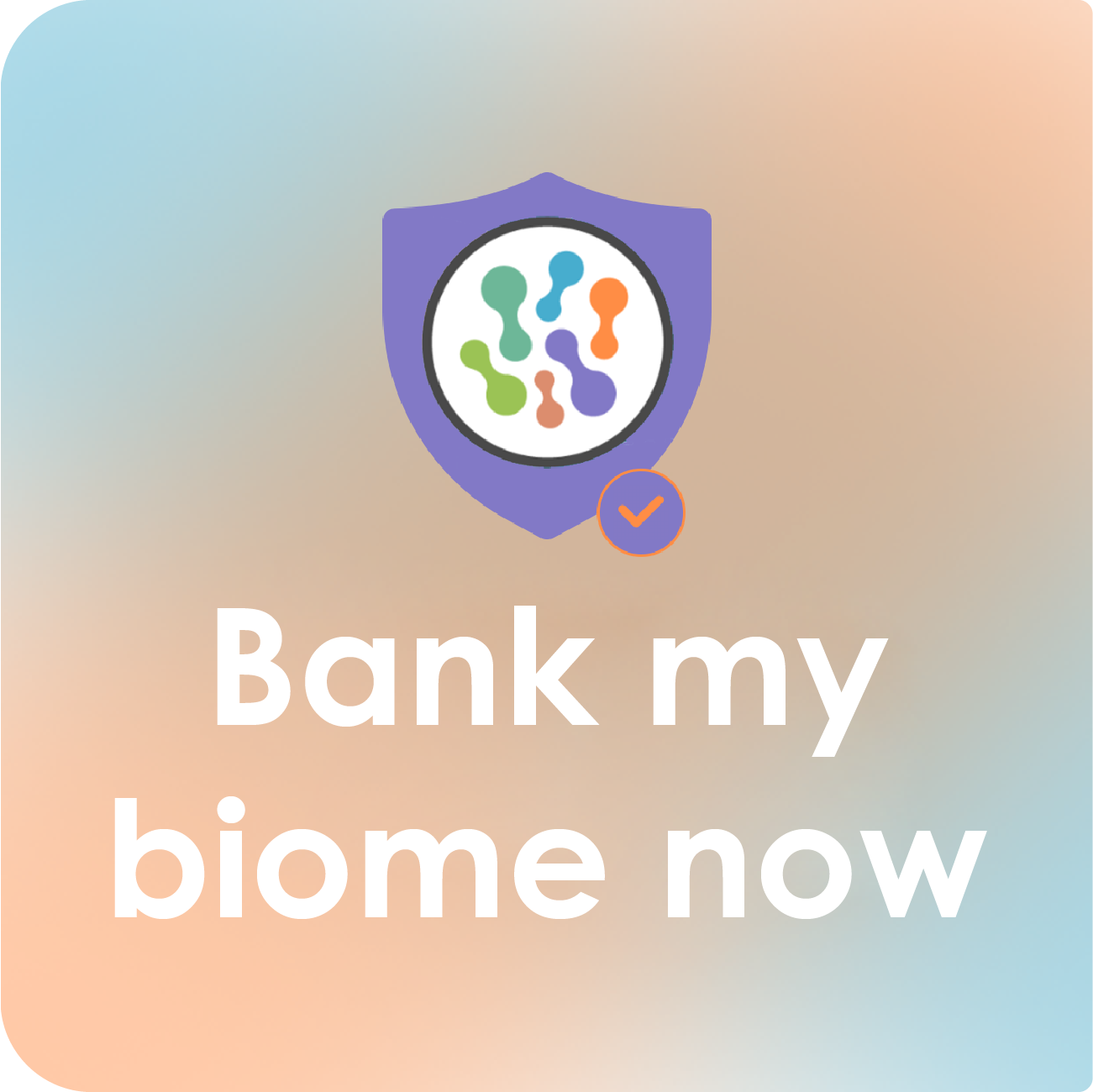
By: Dr. Shaina Cahill, Ph.D. (Director Medical Communications & Affairs)
In our commitment to improving patient outcomes and getting broader acceptance of FMT for indications such as ASD, we recognize the critical importance of collecting and reporting clinical outcomes. As such, we collect data before, during and after FMT, as part of our robust data capture strategy. Here we highlight our main validated assessment tools used as part of our FMT treatment protocol (Learn more about our treatment protocol here
Childhood Autism Rating Scale (CARS2)1,2The Childhood Autism Rating Scale (CARS2) assessment is widely used and an empirically validated autism assessment. This assessment helps identify where children are on the autism severity scale using quantifiable ratings based on direct observation by a certified professional. The CARS2 includes behavioural observations, interviews of primary caregivers, assessments of intellectual functioning, and a detailed developmental and family history. As part of the treatment protocol, a Childhood Autism Rating Scale (CARS2) assessment is performed pre-and post-FMT.
Quality of Life in Autism Questionnaire (QoLA)3,4To better understand changes in quality of life (QOL) for both parents and children, we utilize the Quality of Life in Autism Questionnaire (QoLA), giving us a broader understanding of the impacts of FMT treatment.
The QOLA is an autism-specific measure of QOL that evaluates all the relevant aspects of living with ASD. It contains two sub-scales 1) QOL sub-scale to measure parents’ overall perceptions of their QOL, and 2) Impacts of ASD symptoms sub-scale to assess parents’ perception of their child’s autism-specific difficulties. The Quality of life in autism questionnaire (QOLA) is performed before, during, and after FMT as part of our treatment protocol.
Autism Treatment Evaluation Checklist (ATEC)5,6The Autism Treatment Evaluation Checklist (ATEC) is a caregiver-administered questionnaire designed to measure changes in the severity of ASD symptoms in response to treatment. The ATEC is an easily accessible method for caregivers to track the changes in ASD symptoms over time. ATEC is comprised of four subscales: (1) Speech/Language/Communication, (2) Sociability, (3) Sensory/Cognitive Awareness, and (4) Health/Physical/Behavior. As part of our treatment protocol, the Autism Treatment Evaluation Checklist (ATEC) is provided pre-and post-FMT.
The Gastrointestinal Symptom Rating Scale (GSRS)7,8Gastrointestinal Symptom Rating Scale (GSRS) is a validated self-administered questionnaire to assess symptoms associated with common gastrointestinal (GI) disorders. The GSRS contains 5 symptom sub-scales: Reflux, Abdominal pain, Indigestion, Diarrhoea and Constipation.
Our focus at Novel Biome is on supporting autistic children who suffer from digestive symptoms and significant microbiome imbalance to restore their microbiome through Fecal Microbiota Transplantation (FMT).
In health,
Team Novel Biome
References: 1. Kang et al. 2017, 2. Moulton et al. 20193. Eapen et al. 2014, 4. Asahar et al. 2021, 5. Mahapatra et al. 2018, 6. Magiati et al 2011, 7. Svedlund et al 1988, 8. Kulich et al. 2008.

